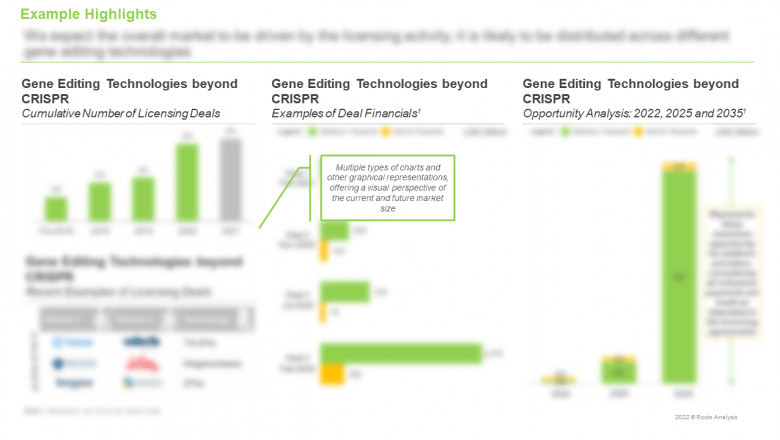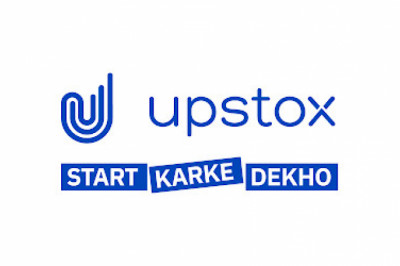views

To request a sample copy / brochure of this report, please visit this –
https://www.rootsanalysis.com/reports/gene-editing-market.html
The process of transgene / DNA delivery into living systems involves the use of a variety of vectors. Currently available gene delivery methods may be broadly classified into viral and non-viral categories. Figure 4.1 provides a pictorial list of the various viral and non-viral gene delivery methods.
It is worth mentioning that over the last few decades, various viral and non-viral vectors have been optimized and standardized for the delivery of genes into different living systems. Studies have demonstrated that viral vectors are relatively superior to their non-viral counterparts, mostly in term of gene delivery efficiency. However, the latter type of gene delivery vehicles offers a number of unique advantages, such as low immunogenicity and a large therapeutic DNA packaging capacity. Moreover, researchers are actively exploring ways to improve non-viral modes of gene transfer. The addition of certain viral characteristics, such as viral elements that facilitate receptor mediated vector uptake and components that mediate nuclear translocation of the transgene / DNA, have been shown to significantly improve the efficacy and value of non-viral modes of gene transfer.
Viruses are extremely efficient at delivering genetic material into a host cell without being destroyed by the host’s immune system. They make use of the host’s cellular machinery to synthesize the required structural and non-structural proteins, which assemble into functional viruses capable of repeating the process in other target cells. These properties of viruses make them highly attractive gene delivery vectors. The process of turning viruses into vectors involves the manipulation of the viral genome to remove all virulence genes and replacing them with a functional therapeutic gene along with all regulatory sequences that control its expression. These modified viruses carry the inserted foreign gene into specific target cells with high efficiency. The process of delivering genetic material into a cell using viral vectors is called transduction. A cell modified by a virus / viral vector is said to be transduced.
For additional details, please visit - https://www.rootsanalysis.com/reports/gene-editing-market.html
A number of viral vectors have been developed over the last few decades; however, most of these gene delivery methods have serious limitations. Viral vectors are known to cause inflammation, invoke immunological responses and, in most cases, the non-specific nature of the transduction process remains a major concern. These limitations can be circumvented by altogether removal of the viral element from the equation. It has been shown that therapeutic genes can be introduced into a diseased host by several non-viral methods using either a direct approach, such as the injection of naked DNA into a cell, or an indirect approach, which involves enclosing the therapeutic gene within a carrier complex. In both these cases, therapeutic genes are inserted into a plasmid containing all the necessary sequences required for its expression within the host. This recombinant plasmid can then be introduced into target cells in a number of ways. These vectors have limited immunogenicity that makes them safe and allows re-dosing without the risk of further complications. They are also easier to produce in large quantities and offer additional economic benefits.
You may also be interested in the following titles:
1. Bispecific Antibody Therapeutics Market (4th Edition), 2019-2030
2. Antibody Drug Conjugates (ADCs) - Linker and Conjugation Technologies Market, 2019-2030
3. Antibody Drug Conjugates Market (5th Edition), 2019-2030
About Roots Analysis
Roots Analysis is one of the fastest growing market research companies, sharing fresh and independent perspectives in the bio-pharmaceutical industry. The in-depth research, analysis and insights are driven by an experienced leadership team which has gained many years of significant experience in this sector. If you’d like help with your growing business needs, get in touch at info@rootsanalysis.com
Contact Details
Ben Johnson
+1 (415) 800 3415
ben.johnson@rootsanalysis.com
Roots Analysis
Web: https://www.rootsanalysis.com/
LinkedIn: https://in.linkedin.com/company/roots-analysis
Twitter: https://twitter.com/RootsAnalysis.com
Medium: https://medium.com/@RootsAnalysis
Pinterest: https://in.pinterest.com/RootsanalysisPin/_saved/
Quora: https://rootsanalysisinsights.quora.com/












